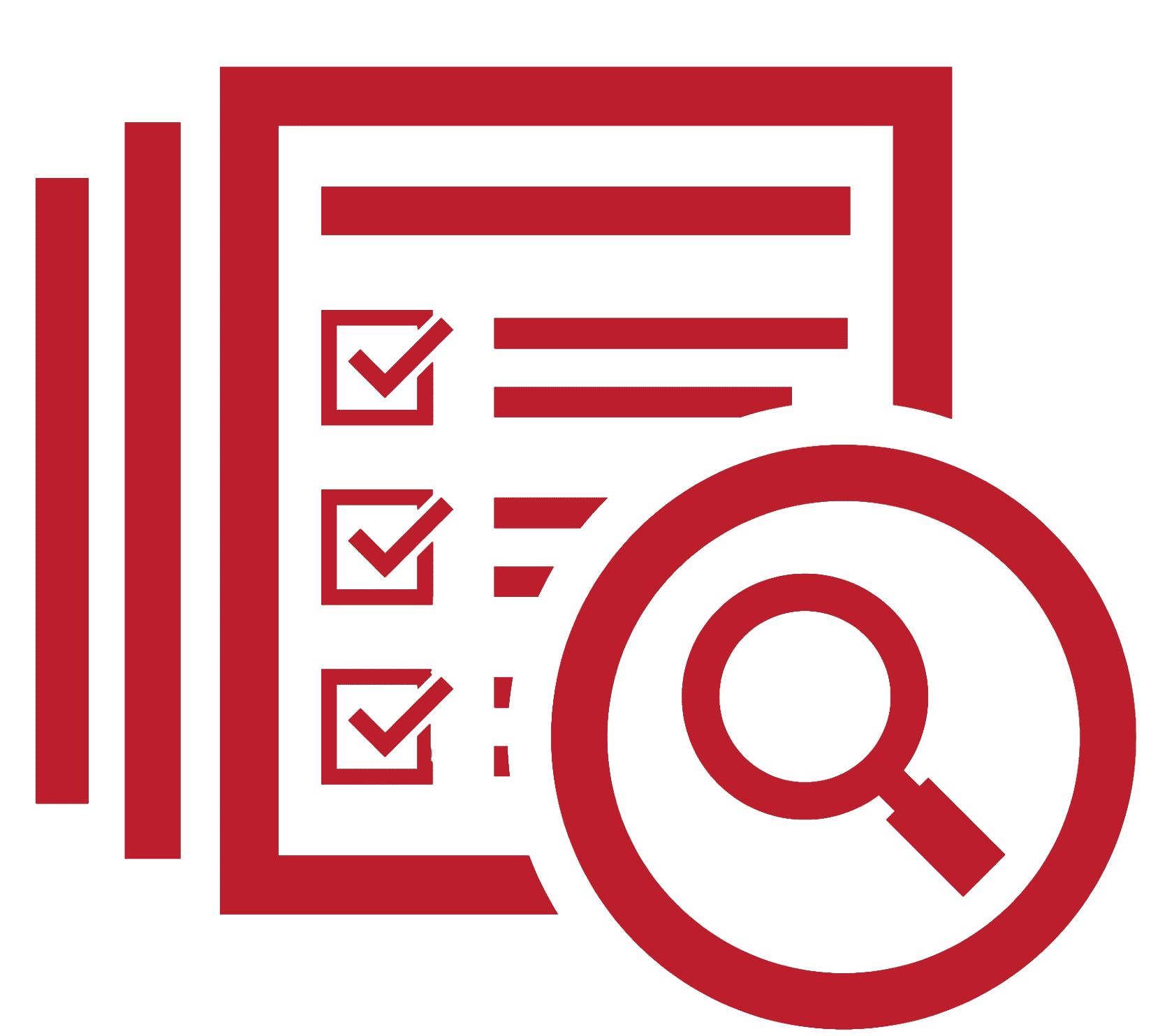
Privacy Training for Employees
We design comprehensive privacy training programs tailored to your team’s needs so you can build customer trust, protect data, and ensure your employees understand your company’s obligations as well as their role related to protecting privacy. Our customized full-spectrum privacy training ensures your team gets the information they need in a way that makes sense for them.
From convenient online privacy training to in-person sessions that are general or department-specific, we collaborate with our clients to inform employees about the importance of customer trust, relevant privacy laws, and company policies.
What is Privacy Training?
Privacy Training educates employees and organizations on data privacy best practices and how to handle data responsibly. Whether it’s company-wide or role-based, privacy training helps teams understand privacy laws and compliance obligations, recognize privacy risks, and perform key tasks like conducting data inventories or managing cookie consent. Some privacy laws, such as CCPA, even require training for employees who handle privacy rights. When employees are properly trained, they understand your company’s privacy obligations and apply them in their roles to reduce risk and foster a culture of privacy across the organization.
Meet our leadership
Red Clover thrives under the leadership of Jodi Daniels, a Certified Information Privacy Professional (CIPP/US), author, speaker and co-host of the She Said Privacy/He Said Security Podcast. She has more than 26 years of experience in privacy, strategy, marketing, and finance roles, and has worked with companies such as Deloitte, The Home Depot, Cox Enterprise, and Bank of America.
Frequently Asked Questions
In the business world, privacy and information security training are non-negotiable. It’s the shield that keeps data breaches at bay, ensures you’re ticking all the compliance boxes, and protects your company’s reputation from harm. Through training, your team gains the skills and tools to handle data like pros, spot any lurking threats, and take proactive measures to keep risks in check.
It cultivates a culture that strongly emphasizes security and privacy as top priorities. Your employees become the guardians of your company’s and customers’ data, standing as the first line of defense against any potential privacy or security threats. It’s all about empowering your team to keep your business safe and sound.
Privacy and information security training are essential for improving your company’s operations and safeguarding valuable assets. Focusing on areas like data inventories, cookie consent, Privacy Impact Assessments (PIA), individual rights, information security controls, etc., ensures that your team understands their role in maintaining compliance and protecting personal data.
Specific training for conducting Privacy Impact Assessments and responding to privacy rights requests (which is required under CCPA) is not just a tick-box for compliance—it’s a smart move for any organization. It’s about getting ahead of the curve by spotting and addressing privacy risks before they can do any harm. Plus, when your customers see how seriously you take their privacy, it boosts their trust and loyalty towards your brand. And let’s not overlook the practical side of things; this kind of focused training streamlines your processes, making everything run smoother and reducing the chance of slip-ups. It’s a win-win, improving your efficiency and strengthening your customer relationships. Investing in comprehensive privacy training benefits your workforce and reinforces your company’s overall success and resilience.
In numerous regions, businesses must adhere to strict data protection laws, like the General Data Protection Regulation (GDPR) in the EU and various state privacy laws in the United States. These regulations mandate proactive safeguarding of personal information by organizations. Implementing privacy and information security training is an effective strategy for companies to ensure compliance. This training equips employees with a thorough understanding of the legal stipulations and the critical importance of secure data handling. Plus, these training programs serve as valuable documentation of your company’s compliance efforts, proving indispensable during audits.
Absolutely. Investing in privacy and information security training can significantly lower the chances of experiencing data breaches. It’s a known fact that many data breaches stem from human errors or actions taken by insiders. By providing thorough training, you can equip your employees to identify phishing scams, secure their devices properly, and adhere strictly to the company’s data protection guidelines. This proactive approach enhances our security posture and minimizes the likelihood of accidental and deliberate data disclosures.
Privacy and information security training is a win-win for everyone in your organization, whether you’re the CEO or the newest team member. It’s all about giving your team the know-how to keep sensitive information safe, shielding the company from potential headaches like threats and breaches.
And it’s not just the company that benefits – your customers and clients are indirectly looked after. With tighter security measures, their personal data stays safe and sound, building trust and loyalty.
All in all, privacy and security training sets your company up for success. It keeps your employees sharp, aware, and secure, paving the way for your organization’s continued growth and prosperity.
In your privacy and information security training, you want to cover all the essentials to keep everyone in the loop and your data safe. That means providing everyone with the essential details on privacy laws and regulations relevant to your company, ensuring they understand your data protection policies clearly, and emphasizing the significance of strengthening passwords and utilizing secure authentication methods.
But it’s not just about the technical stuff – you also want to ensure that everyone in your company knows how to spot and deal with sneaky phishing attempts and other cyber threats. And when it comes to handling customer and employee information, it’s all about doing it securely and keeping things interesting and up-to-date too. Your training should be engaging, accessible, and regularly updated to keep everyone on their toes with the latest threats and legal requirements. It’s all about staying ahead of the game and keeping your data safe and sound.
Skipping out on privacy and security training for employees can spell trouble for companies. It’s not just about playing it safe; it’s about avoiding serious legal headaches. Neglecting this training could mean failing to comply with data protection laws like GDPR and US State Privacy Laws, which can land your company in hot water with hefty fines and penalties.
What’s more, it also increases the chances of privacy breaches, which could lead to legal actions from affected parties and regulatory bodies. And that’s not all – it could seriously dent your company’s reputation and financial standing. So, play it safe and ensure everyone’s in the loop on privacy and security matters.
It’s a good idea to ensure everyone gets a refresher on privacy and security once a year. That way, everyone can stay updated with the latest threats, rules, and best practices. But, if things start shifting around here, like new tech coming in or rules changing, you may need to step up the training schedule.
And don’t forget about those quick check-ins or special sessions when big updates happen. It’s all about keeping privacy and security fresh in everyone’s minds. After all, staying on top is critical to keeping your defenses strong and ensuring you’re on the right side of the rules.
Role-based privacy and information security training is all about tailoring the training to fit the specific jobs and risks in your company. Think about it – everyone handles sensitive data differently based on what they do. Your IT team might need to dive deep into network security, while your HR personnel need to understand how to handle personal employee data in compliance with privacy laws. This tailored approach ensures everyone gets the specific training they need, making the training way more valuable and interesting. It amps efficiency and effectiveness by tackling the specific needs and risks of different roles and keeping your company in line with the law. Plus, some laws even require that certain roles need specific training, showing just how important this focused approach really is.

Build a Privacy-First Culture with Employee Training
Your employees are your first line of defense in data privacy. Our expert training helps them handle sensitive information securely and stay compliant.







